The problem of water has always been present in semi-arid spaces, which is why cisterns have acquired great importance, the existence of which is at the expense of their owners and inhabitants, some being in a state of total deterioration if they survive. The reflection of all this can be perceived if we read an everyday landscape, where we can observe the different levels of man's performance in that natural environment. Currently, a cistern is an element that gets in the way and is of no use. But this element is the vestige, witness and legacy of a way of living from a previous landscape that has meant so much to its first owners; Rural cisterns have been and are being dismantled, destroyed, filled up or buried, for not knowing how to project to society the value they had and have.
Bitte wählen Sie Ihr Anliegen aus.
Rechnungen
Retourenschein anfordern
Bestellstatus
Storno

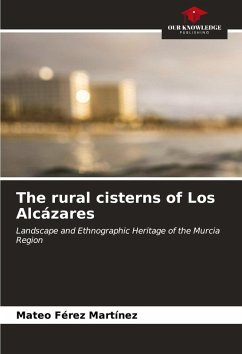
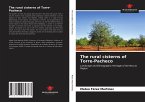
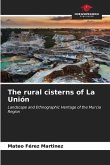
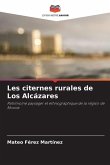
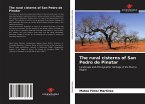
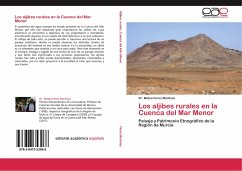
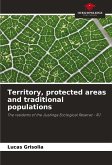
![A Collection of Voyages [microform]: Vol. IV.: Containing I. A Voyage Round the World: Being an Account of Capt.William Dampier's Expedition Into the A Collection of Voyages [microform]: Vol. IV.: Containing I. A Voyage Round the World: Being an Account of Capt.William Dampier's Expedition Into the](https://bilder.buecher.de/produkte/66/66171/66171716m.jpg)